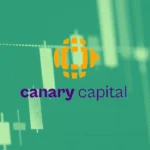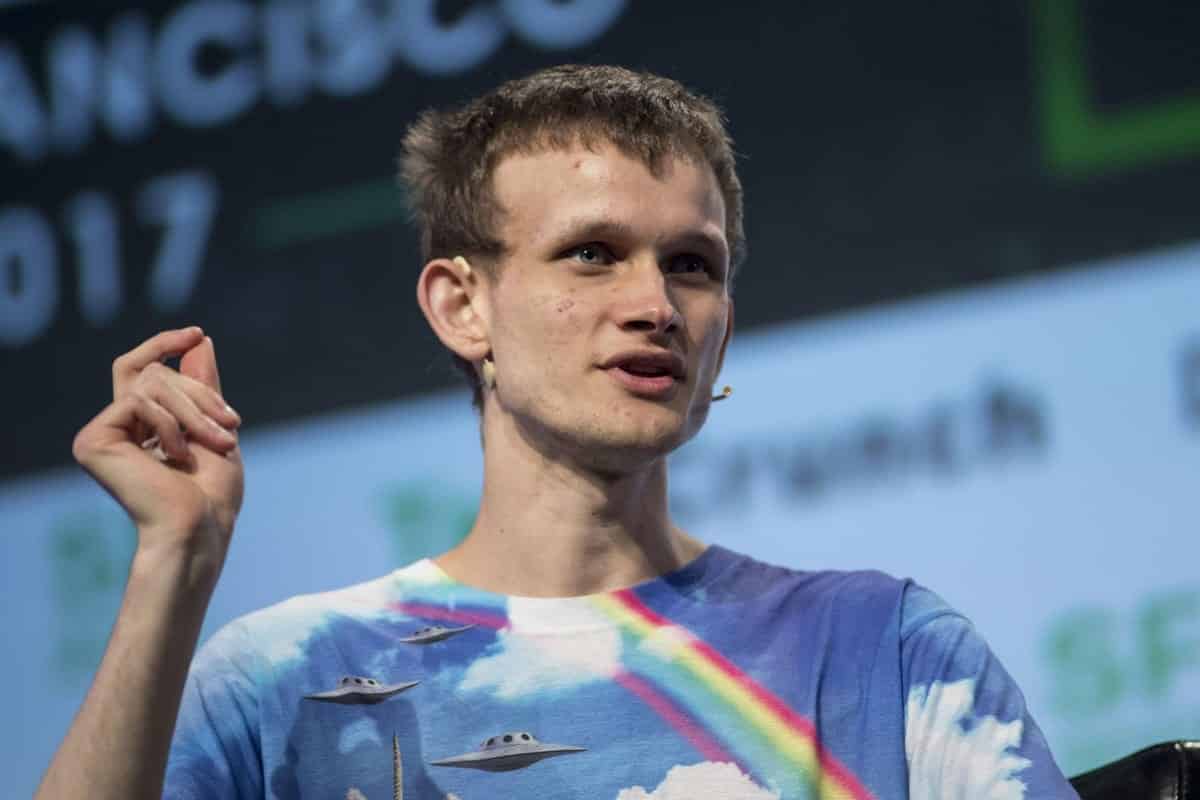Ethereum (ETH) co-founder Vitalik Buterin has introduced the “Plurality” philosophy as a concept to tackle the tension between the crypto ecosystem and traditional governance systems. While he appreciates that this pluralistic approach can enhance existing systems, he does not see the possibility of a replacement.
Vitalik Buterin Side With Plurality, Citing its Potentials
Two years ago, American economist and author Glen Weyl wrote an essay titled “Why I Am A Pluralist”. In this article, the Microsoft Research executive defined Plurality as a social philosophy that recognizes and fosters the flourishing of and cooperation between a diversity of sociocultural groups or systems.
In his blog post, the Ethereum co-founder is quite optimistic about applying the pluralistic philosophy in several social and technological settings. To him, multiple ideas can hold the improvement of cooperation and decision-making in blockchain, social media and local government. His advocacy for this concept transcends beyond the theoretical as he sees the real-world application.
The crypto innovator is confident that the experimentation in real-time in the different areas of blockchain, social media, local government and other areas could herald significant benefits. He cited that it could enhance autonomy, foster collaboration and minimize polarization. For the blockchain ecosystem, Vitalik Buterin considers the decentralized nature of the technology itself.
Consequently, he believes that the pluralistic philosophy can address issues like collusion and competitive pressures within the blockchain community.
Blockchain Protocols Pursues Decentralization And Improved Governance
Generally, Vitalik Buterin has a broader vision for blockchain, a move in sync with this pluralistic approach. He looks forward to the development of a hub that brings different actors together in the spirit of collaboration, without succumbing to the pressures of centralization.
Little wonder, the Ethereum ecosystem is intentionally channeling efforts towards improving its governance. Even Charles Hoskinson’s Cardano is making some conscious governance moves with the Chang Hard Fork upgrade.
Noteworthy, the Chang hard fork is designed to make Cardano more scalable and decentralize the governance of the network. It is currently the most anticipated event in the Cardano ecosystem. Earlier this month, 58% of Cardano nodes have migrated to v9.1.0, with only 12% more required to launch the upgrade.
A few days after, the protocol also released an upgrade for the Hydra Head scaling solution.
Disclaimer: The presented content may include the personal opinion of the author and is subject to market condition. Do your market research before investing in cryptocurrencies. The author or the publication does not hold any responsibility for your personal financial loss.











✓ Share: